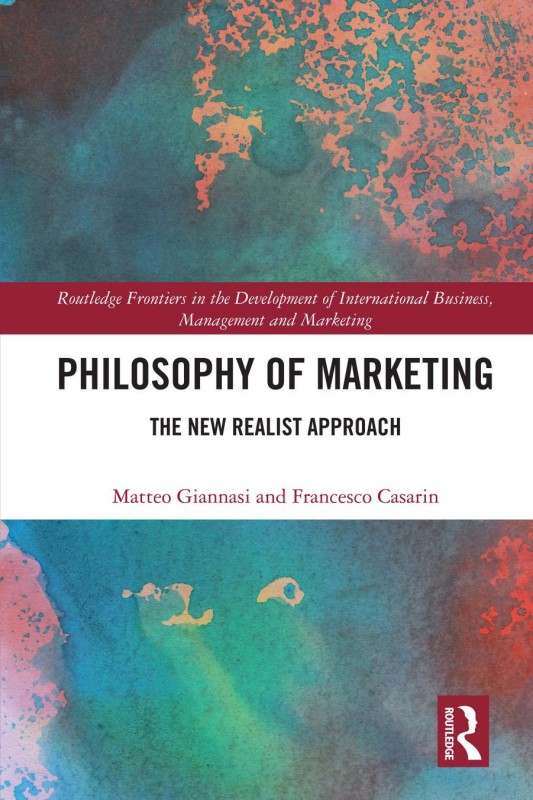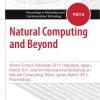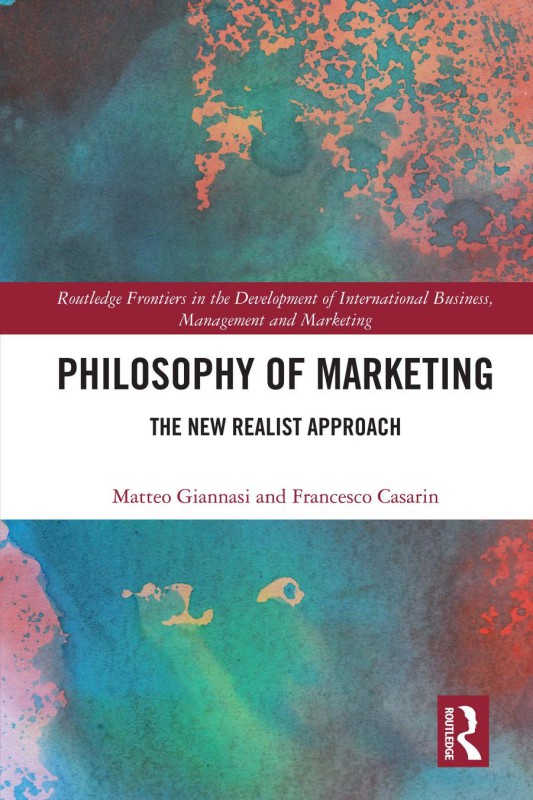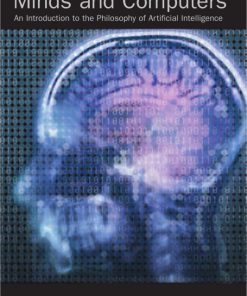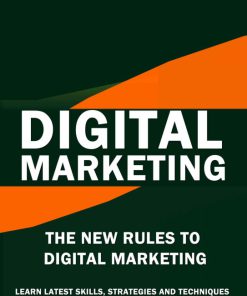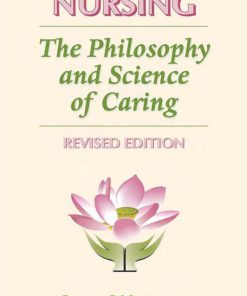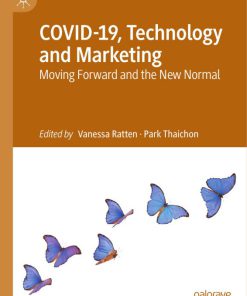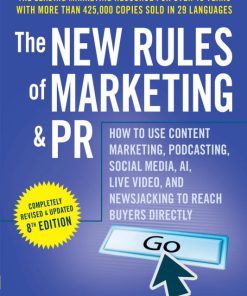Philosophy of Marketing The New Realist Approach 1st edition by Matteo Giannasi,Francesco Casarin 1000454649 9781000454642
Original price was: $50.00.$25.00Current price is: $25.00.
Authors:Matteo Giannasi , Series:Management [516] , Author sort:Giannasi, Matteo , Ids:DOI , Languages:Languages:eng , Published:Published:Apr 2022 , Publisher:Routledge , Comments:Comments:How can we overcome the rapidly ageing postmodernist paradigm, which has become sterile orthodoxy in marketing? This book answers this crucial question using fresh philosophical tools developed by New Realism. It indicates the opportunities missed by marketing due to the pervasiveness of postmodernist attitudes and proposes a new and fruitful approach pivoting on the significance of reality to marketing analyses and models. Intensifying reference to reality will boost marketing research and practice, rather than impair them; conversely, neglecting such a reference will prevent marketing from realising its full potential, in several contexts. The aim of the book is foundational: its purpose is not a return to traditional realism but to break new ground and overcome theoretical obstacles in marketing and management by revising some of their assumptions and enriching their categories, thereby paving the way to fresh approaches and methodological innovations. In that sense, the book encourages theoretical innovation and experimentation and introduces new concepts, like invitation and attrition, which can find fruitful applications in marketing theory and practice. That is meant to be conductive to the solution of important difficulties and to the uncovering of new phenomena. The last chapter of the book applies the new approach to eight case studies from business contexts. This book will be of interest to philosophers interested in New Realism and to researchers, scholars, and marketing professionals sensitive to the importance and fruitfulness of reference to reality, for their own purposes.

